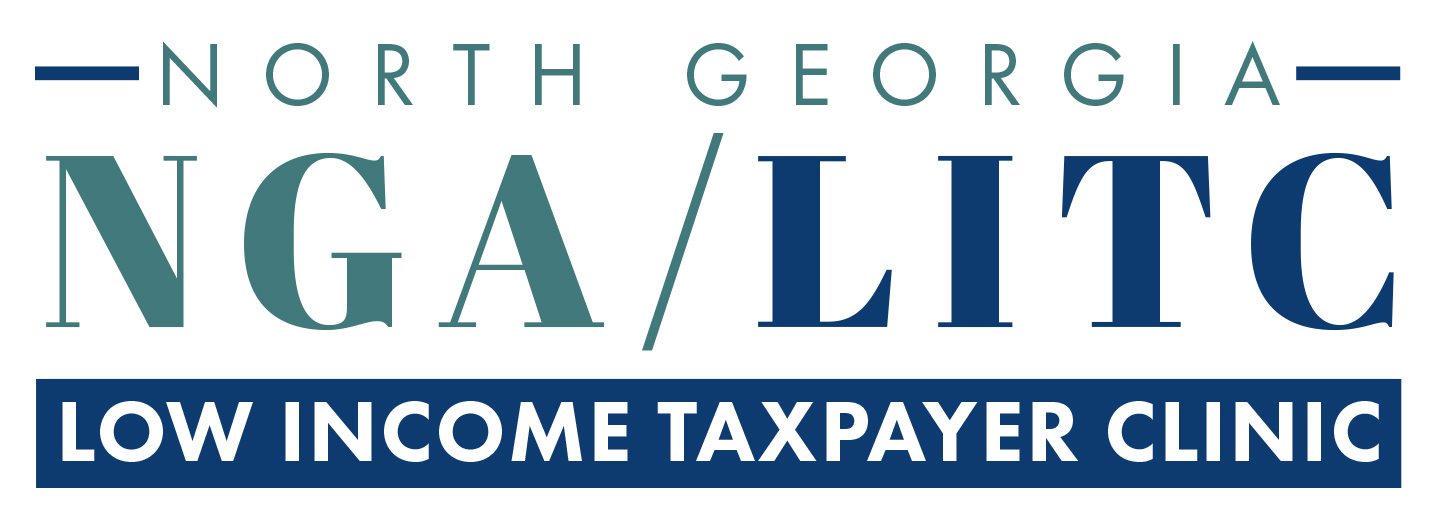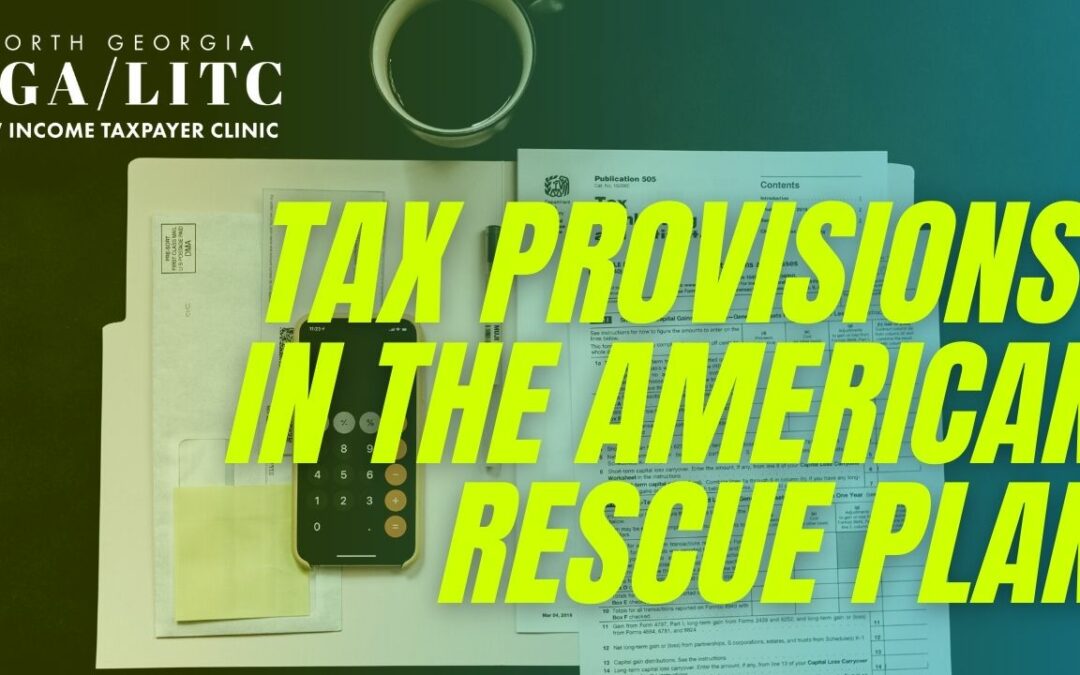Common Questions Related to Notices, Fraud and Debt
The North Georgia Low-income Taxpayer Clinic is very excited to announce our sponsorship from Wiggam & Geer, who have become 2021 Annual Sponsors! Wiggam & Geer is a law firm specializing in tax and bankruptcy law. They have contributed this blog post to the North Georgia LITC to help answer some common questions relating to tax issues.
Common Questions Related to Notices, Fraud and Debt
By Wiggam & Geer, Tax & Bankruptcy Attorneys
Tax issues don’t always end with filing your return. The IRS uses W-2s, 1099s, and other forms filed by your employer or bank to confirm your tax debt. The agency may not agree with the income reported on your tax return and follow up with a letter or bill, or these figures may not match because you were the victim of tax fraud.
Here are three common questions the experienced tax attorneys at Wiggam & Geer often hear from taxpayers.
What do I do if I get a letter from the IRS?
If the IRS determines you have underreported your income, it will send you a CP2000 Notice explaining its calculations. This is not an audit letter but instead a notice from the agency that you owe more taxes. Whether you agree with the IRS’s assessment or not, it is important to respond within the 30-days noted on the letter. Not only will penalties and interest accrue on any additional tax debt, but your options for challenging the IRS’s assessment are more limited if you miss the CP2000 deadline. The CP2000 notice is usually accompanied by a response form or contains instructions for next actions, including how to dispute the additional tax debt.
If you do not respond to the CP2000 by the deadline or at all, you will receive a follow-up letter, C-P-3219-A. This is known as a notice of deficiency letter. To challenge this notice, you generally must file a petition in the US Tax Court. It’s important to respond to the CP2000 within 30 days to avoid receiving the C-P-3219-A.
What if I think I was the victim of tax fraud?
If you received a CP2000 notice and you think it’s related to fraud or a stolen Social Security Number (SSN), contact the IRS as soon as possible using the telephone number on the notice. An erroneous CP2000 is only one sign that you may have been the victim of stolen identity or tax fraud. Other signs include:
- Attempting to file your return and receiving a note back from the IRS that it was already filed
- Getting an unrequested tax transcript in the mail
- Attempting to e-file your return and not being able to because of a duplicate SSN
- Receiving a notice that an online account has been created in your name when you took no action
- Receiving a notice that your online account has been accessed or disabled without your knowledge
If any of these has happened to you, you can call the IRS or consider filing a Form 14039, Identity Theft Affidavit, with the agency. The IRS will begin investigating your claim.
Remember, even if you think you were the victim of identity theft or fraud, you are still required to file a return and pay your taxes on time. The IRS recommends filing a paper return in this case.
The IRS sometimes suspects fraud before you do. In this case, the agency will notify you via mail with a Letter 4883C requesting that you confirm your identity within 30 days.
What do I do if I cannot pay my tax debt?
Even if you cannot pay your taxes, it’s usually best to file your return on time. The IRS assesses separate penalties and interest for not filing. By filing on time, you will avoid late filing fees and only be assessed penalties and interest on your unpaid taxes.
The IRS offers installment and payment plan options for those who cannot pay their taxes right away. You can request a short-term installment plan from the IRS if you intend to pay your taxes within 120 days or a long-term installment agreement with set monthly payments if you need more than 120 days to pay off your debt. Remember, interest and some penalties continue to accrue even with a plan.
An offer in compromise might be an option if you cannot pay your entire tax debt, even with a payment plan. This process requires an application and is generally a negotiation with the IRS that includes an investigation into your expenses, ability to pay, earnings, and any equity you have, such as in a house.
When responding to or negotiating with the IRS, it’s always good to seek advice from a tax professional. If you cannot afford a tax attorney, you may be eligible for free assistance from the Low-Income Taxpayer Clinic. The experienced tax attorneys at Wiggam & Geer are proud to support the LITC.


Comentarios recientes